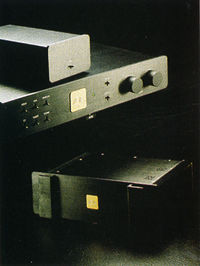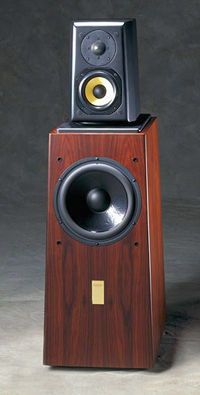In debates about audio, philosophy, literature, fine art, or whatever, people often adhere to either <I>absolutism</I> or <I>relativism</I>. Absolutism supposes, for example, that <I>either</I> analog or digital is superior and that whichever is better holds for <I>all</I> parties concerned. Michael Fremer, for instance, is not just advertising his opinion about the superiority of analog; he believes that <I>everyone</I> would acknowledge it if they paid attention to the evidence. Relativism, on the other hand, teaches that no such absolute and univocal consensus can be reached. In the end, we all have our own subjective preferences, and that, quite simply, is that. If we disagree about whether tube amps are better than solid-state, or single-ended is better than push-pull, <I>c'est la vie</I>.





